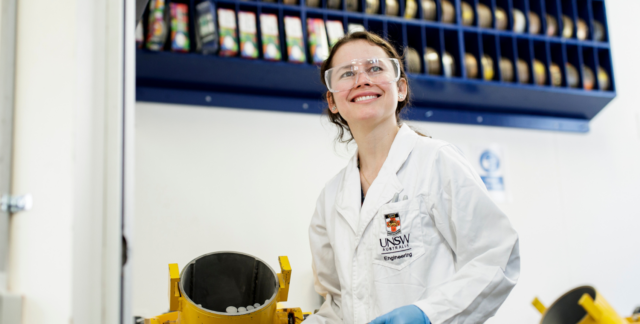The Australian Universities Accord offers a rare opportunity to embed gender equity in the higher education sector.
“Now is the time for universities to be bold,” said Dr Janin Bredehoeft, CEO of Science in Australian Gender Equity (SAGE). “The Accord is a chance to adopt progressive, cutting-edge practices and drive a widespread cultural shift towards gender equity diversity and inclusion.”
SAGE is calling for research and grant funding to be linked to an institution’s commitment to gender equity, diversity and inclusion (GEDI).
“Linked funding makes it absolutely clear that gender equity is a non-negotiable priority for a strong future in higher education,” said Dr Bredehoeft.
“There are examples of this happening all over the world,” said Dr Bredehoeft. “Across the European Union, for example, to even be eligible for Horizon Europe research and innovation funding, applicants must have a publicly available and resourced Gender Equality Plan and an integrated gender dimension in their research proposal.”
“It’s also happening here in Australia, just without that cross-sector coordination. The Snow Medical Research Foundation – Australia’s largest donor to medical research – will only provide new funding to research organisations that meet gender balance benchmarks. The National Health and Medical Research Council has set affirmative action funding targets.”
SAGE has also urged the Accord Panel to establish a sector-wide strategy encouraging commitment to embedding intersectional GEDI policies and practices.
“There needs to be a holistic focus on attracting, retaining and progressing underrepresented and marginalised groups, for all students and employees, including academic and professional staff,” said Dr Bredehoeft.
“We also need meaningful metrics for success: that means a shared understanding of what progress, outcomes and impact mean.”
SAGE is advocating for regular and transparent public reporting against those shared metrics.
“This encourages institutional accountability and promotes an evidence-based approach to continuously improve in GEDI. It can also promote healthy competition by motivating institutions to outperform each other in GEDI.”
“This is about making the higher education sector a safe and respectful place to work and learn,” said Dr Bredehoeft.
Click the button below to download SAGE’s full submission in response to the Australian Universities Accord Panel Discussion Paper.



